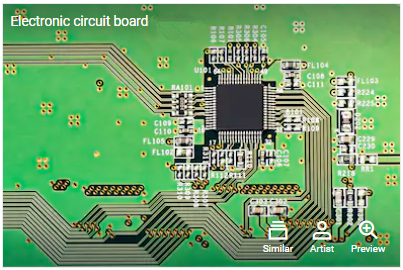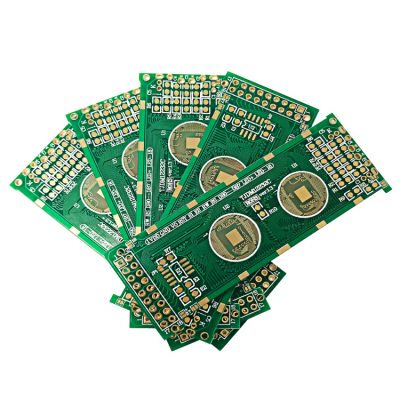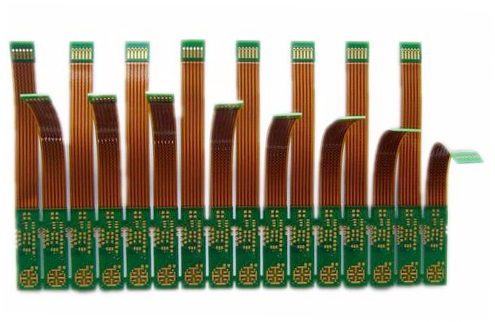Grande is a circuit board manufacturer specializing in the manufacture of printed circuit boards. It has been focusing on the production of single, double-sided, and multilayer circuit boards for more than 20 years. It can provide multi-layer PCB board proofing and small batch production services such as impedance boards, HDI boards, and blind buried via boards. The following introduces the difference between Rigid PCB & Flex PCB:

The Difference Between Rigid PCB & Flex PCB
1.Rigid PCB: It is often used as a motherboard and cannot be bent.
Rigid board: PCB (Printed Circuit Board); flexible board: FPC or Flex PCB (flexible printed circuit board); rigid board: RFPC or RFPCB (Rigid-Flex Printed Circuit Board). Adopt a new type of wiring board. The hard board part has the same thickness and strength as the PCB circuit board, which can install electronic components and withstand certain mechanical forces. The soft board part is usually used to achieve three-dimensional installation. The use of soft board allows the entire rigid-flex board to be bent locally.

2.Flex PCB: It also called flexible circuit board(FPC), which can be bent.
Flex Printed Circuit Boards (FPC) are favored for their light weight, thin thickness, free bending and folding and other characteristics. Relying on manual visual inspection, the cost is high, and the efficiency is low. With the rapid development of the electronics industry, circuit board design has become more and more precise and dense. Traditional manual inspection methods can no longer meet production needs, and automatic FPC defect inspection has become an inevitable trend in the development of the industry.

Grande PCB Manufacturing Capability
Number of layers: 2-40
Board thickness: 0.2-7.0mm
Maximum copper thickness: 7oz
Finished product size: 650*1100mm
Minimum line width/spacing: 3/3mil
Maximum plate thickness aperture ratio: 12:1
Minimum mechanical drilling diameter: 6mil
Distance from hole to conductor: 3.5mil
Impedance tolerance (Ω): ±5%(<50) ±10%(≥50)
Surface treatment process: OSP, chemical immersion gold, chemical nickel palladium gold, immersion tin, immersion silver, lead-free tin spray, hard gold plating, soft gold plating, gold fingers, etc.
Material: FR-4, high TG, halogen-free, high frequency (Rogers, Isola…), CEM, etc.

